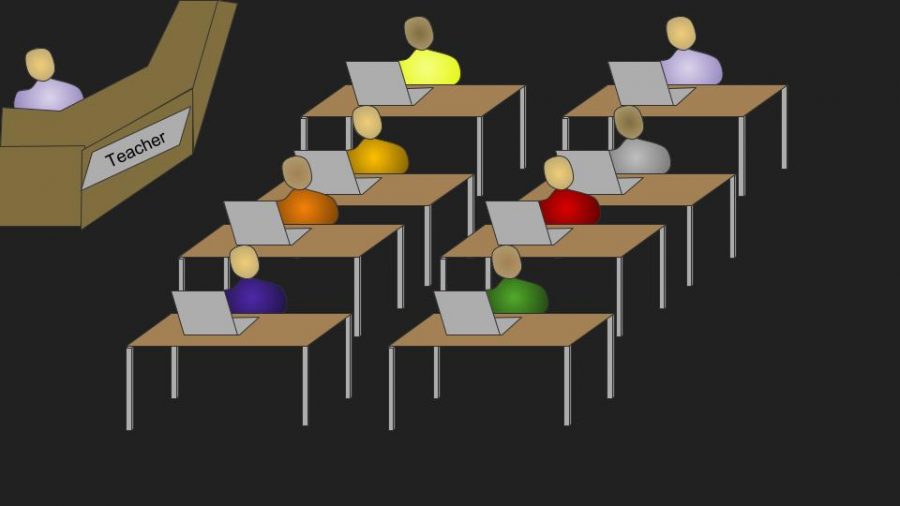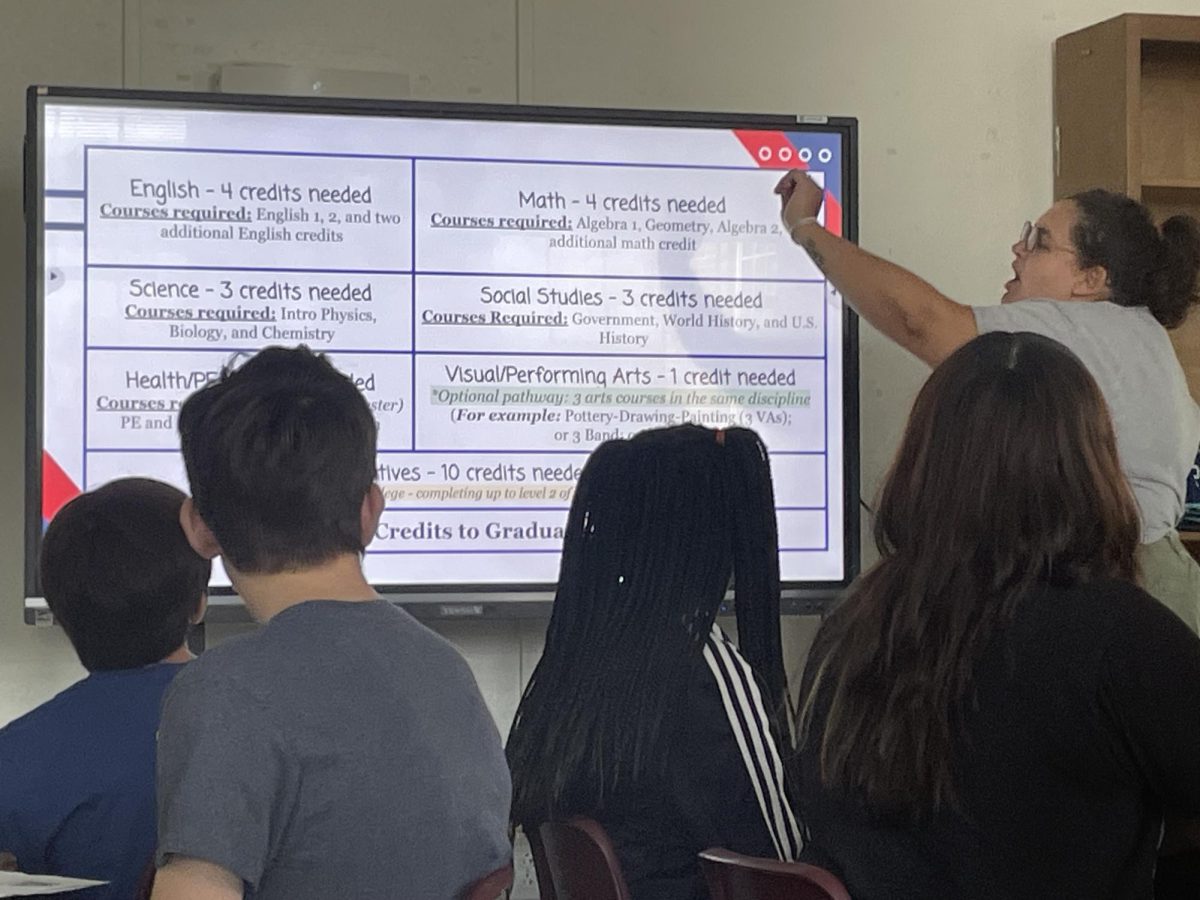Workshop Style Classes: Yea or Nay?
May 23, 2018
Workshop style classes are classes in which students learn through their own projects rather than a conventional textbook lesson; they are mainly self-directed by the students. Lafayette has a mixture of workshop classes and traditional classes. Recently, workshop classes have been becoming more and more popular. Are they a good idea or should teachers stick to what we already know?
—
YEA:
Workshop style classes are beneficial to students. They promote initiative and self-guidance. When students work on their own project, they are able to do their own thing with it. They will have to come up with their own ideas, solve their own problems, be creative, and be engaged in order to do well. This will develop their real-world skills and will help them reach a new level on the subject they are working on.
Students can advance on their own without being pulled down when they learn in a workshop class. Since every student works individually, each can work at their own pace as needed.
Workshop style classes are similar to many work environments. When people go to jobs, they don’t sit down, take notes, and do worksheets. Their bosses don’t give lectures. Workshops, on the other hand, are a much more accurate preparation for office and creative work. Employees focus on their own or their team’s jobs and projects.
When students are able to choose their own projects and have class time to dedicate to it, they end up caring about the class and the subject more. When students care about what they are learning, they can really learn, rather than simply memorize facts for a test. They are interested in the material and therefore enjoy the class.
Not every student is the same, so a lesson plan meant for every student is inefficient. Students learn in different ways, so a self-directed project allows students to learn the way they learn best. They would also be able to pursue their interests, which would not be possible in a lecture class.
NAY:
Workshop style classes are an ineffective way to teach. In these classes, students can fall behind. While some students can thrive when they work alone without having to worry about the rest of the class, some students struggle. If students don’t understand and aren’t taught what they need to do, they can’t do it. In a class where everyone can do their own thing, students are able to slack off easily without being noticed.
In a workshop class, students learn less content and information. Rather than studying curriculum and facts, they learn creativity and initiative. While skills like this are important, there has to be a time for students to learn content if they are to be successful.
Workshop classes let students operate at different paces and do different things. This causes the class to lack a plan, which can encourage inefficiency. Without a plan, it’s easy to get off track and to lose precious time.
When the class is completely self-guided, the teacher does less teaching. This seems to be a waste of the teacher’s skills and education if the students end up teaching themselves. Often in workshop classes, the teacher ends up only giving advice and making sure students stay on track, which isn’t worth their time or the school’s money.
Students will only benefit from the workshop if they care about it. While it’s an advantage that workshops make some students care more, workshops hurt students who still don’t care. When students have the option to choose what to do with their time, some excel with that freedom, while others can’t handle the responsibility. The latter type of student will waste their time and not learn.
—
What do you think is the best way to run a class? Should students choose what they want to do and they want to do it in order to learn? Or should teachers run the classroom in a conventional way with lectures, worksheets, and notes? Express your opinion in the comments below.





